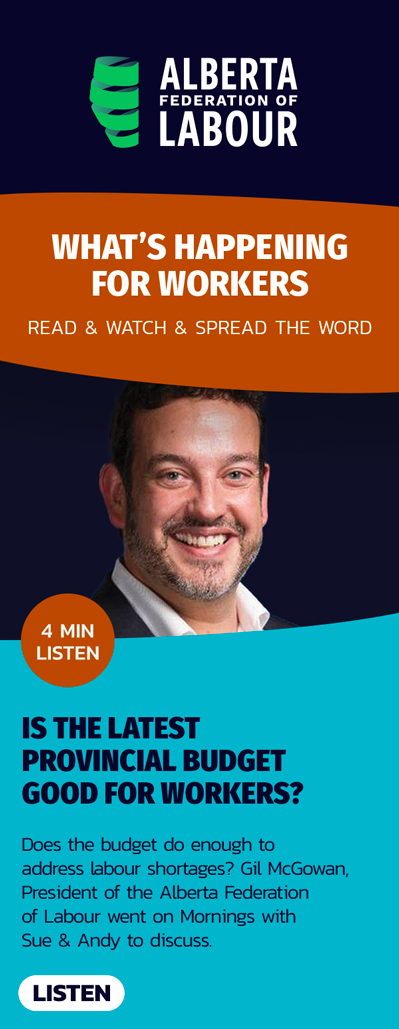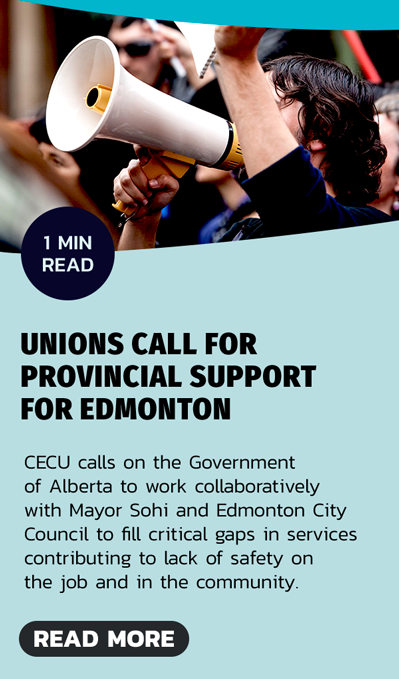Story by Russell McLendon • Yesterday
The threat of rising seas is often framed in terms of inundation risk, with a focus on what ends up underwater.

Cars Drive Through Flooded Road© Provided by ScienceAlert
But in areas where the coastal landscape isn't entirely flat, rising seas can also pose a much more insidious threat, cutting residents off from essential services.
According to a new study, many living along both coasts of the United States face increasing risk of periodic isolation during high tides or storms, if not permanent disconnection from other communities by the formation of new islands.
It could happen to individual homes, neighborhoods, or larger communities, and according to the new study, it's poised to happen on a large scale this century.
In the US alone, it may affect as many as 9 to 12 million people by 2100, should the sea level rise meet the higher projections, according to the researchers.
The study, conducted by environmental engineers Tom Logan and M.J. Anderson from the University of Canterbury in New Zealand, along with Allison Reilly from the University of Maryland, offers a novel look at US populations likely to be isolated by rising sea levels.
While rising seas may fully encircle some areas, isolation could also occur if the ocean merely floods or damages key roadways or bridges. That can happen during big storms like hurricanes, but as sea levels rise, it can also occur more frequently during high tides.
Flooded roads can prevent people from getting food by blocking access to grocery stores, for example. And while coastal residents could adapt by planning grocery trips around high tides, that may only be a temporary solution as ocean levels continue to rise.
Related video: Long-awaited treaty agreed to protect the high seas (Reuters)Negotiators from more than 100 countries completed a UN treatyDuration 1:46 View on Watch
"The typical displacement metric for sea-level rise adaptation planning is property inundation," the researchers write. "However, this metric may underestimate risk as it does not fully capture the wider cascading or indirect effects of sea-level rise."
Isolation might not rival the acute problems caused by inundation, but it's still a significant part of trying to plan for and adapt to rising seas in coastal communities, the researchers note.
To investigate how significant this kind of isolation will be, the study's authors used OpenStreetMap to map out streets across the contiguous US, then compared those street maps with existing maps of predicted sea-level rise.
Under three scenarios for sea-level rise (0.5 meters, 1 meter, and 2 meters by 2100), researchers accounted for each neighborhood's access to its closest essential facility, such as a fire station or primary school, and whether that connection would be compromised by ocean water.
This offered a way of approximating local isolation across a large scale, and while it may not paint the complete picture, these facilities "are important destinations that are often co-located with community assets that provide wider opportunities," the researchers write.
Even if tidal floods don't wholly isolate a community, periodically blocking residents' access to a critical facility like a school or a hospital could present a significant challenge.
The number of people at risk of isolation from sea-level rise in the US is 30 percent to 90 percent higher than the number of people at risk from inundation, the study suggests, and the risk of isolation often comes sooner.
That risk is faced by many areas considered low-risk for inundation, and the study suggests millions of people in the US are at risk of isolation but not inundation before 2080.
Even in the lowest scenario for sea-level rise, the study found that around 500,000 people in the US would be affected by isolation. In the 1-meter scenario, isolation caused by rising seas could affect 1 million people or more.
Though the study only focused on a single nation's infrastructure, isolation is set to be a serious issue around the rest of the globe as well, depriving many at-risk populations of essential services.
"We find that risk of isolation may occur decades sooner than risk of inundation," the researchers write. "Both risk metrics provide critical information for evaluating adaptation options and giving priority to support for at-risk communities."
The study was published in Nature Climate Change.

















